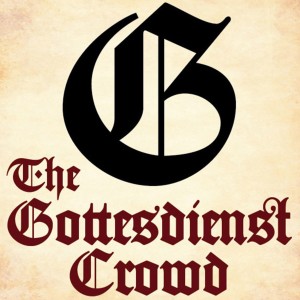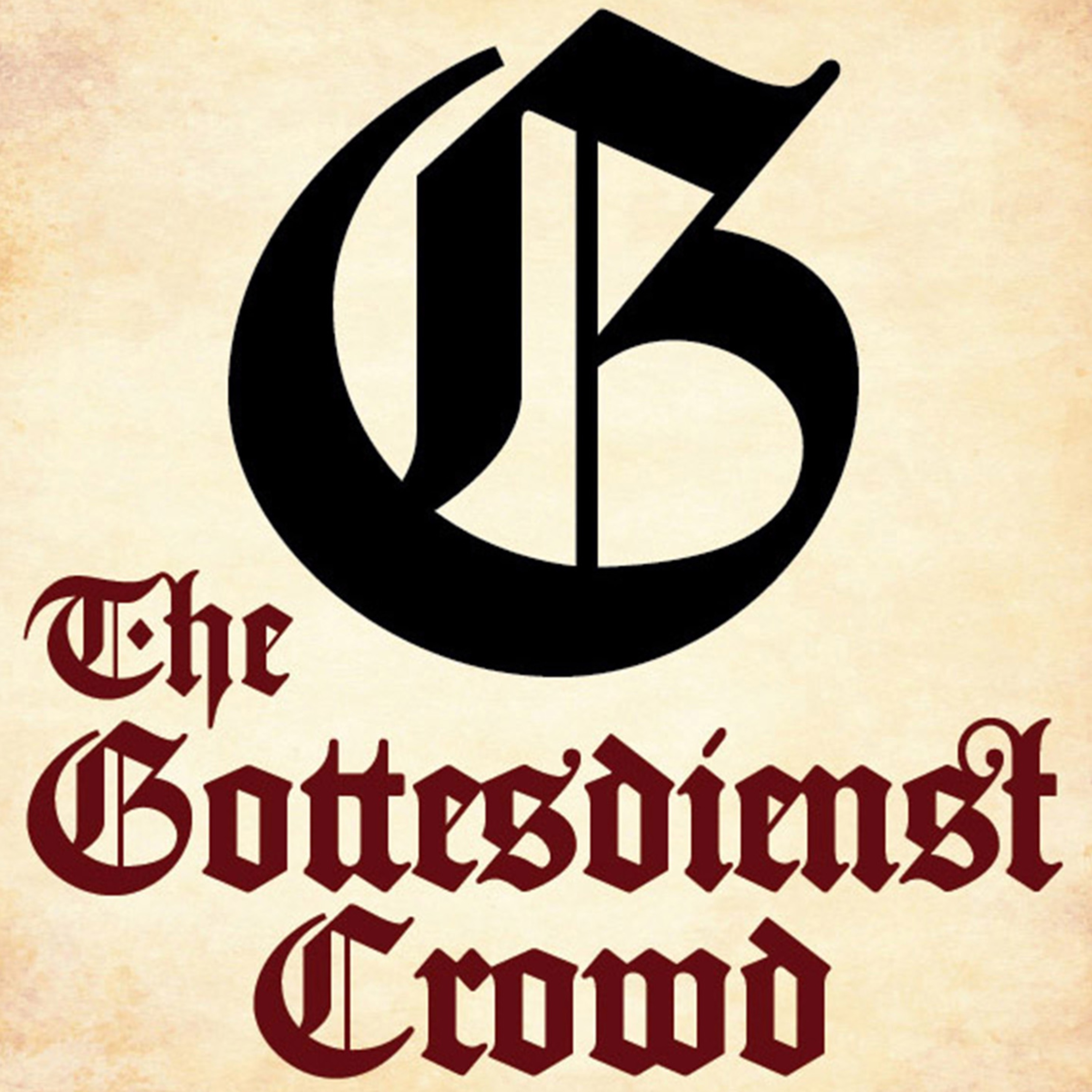Episodes

Monday Feb 06, 2023
TGC 259 — Thinking Out Loud (Sexagesima)
Monday Feb 06, 2023
Monday Feb 06, 2023
Two pastors thinking out loud about the upcoming Gospel reading. This episode is devoted to the Gospel reading for Sexagesima, Luke 8:4–15
Read the rest of this entry »
Wednesday Feb 01, 2023
TGC 258 — Anatomy of a Confusion (Large Catechism Edition)
Wednesday Feb 01, 2023
Wednesday Feb 01, 2023
In this episode, we take a look at what happened around the release of Luther’s Large Catechism with Annotations and Contemporary Applications (L-CACA), what the good, the bad, and the ugly are, analyzing particular statements in particular essays, and why it was a confused project on multiple layers.
Read the rest of this entry »
Sunday Jan 29, 2023
TGC 257 — Thinking Out Loud (Septuagesima)
Sunday Jan 29, 2023
Sunday Jan 29, 2023
Two pastors thinking out loud about the upcoming Gospel reading. This episode is devoted to the Gospel reading for Septuagesima, Matthew 20:1–16.
Read the rest of this entry »
Wednesday Jan 25, 2023
TGC 256 — Cultivating a Spirit of Martyrdom
Wednesday Jan 25, 2023
Wednesday Jan 25, 2023
Aaron Renn has persuasively argued that we now live in the “negative world” with respect to Christianity. Being Christian is sociologically speaking, no longer seen by society as a positive good or even a neutral thing, but rather a negative evil — something to be gotten rid of (“Three Worlds” in First Things). Our guest has seen this born out in his own workplace as he records what happened when he professed a return to biblical male and female, family dynamics at a conference (“Anatomy of a Cancellation” in First Things). He admits he should have seen it coming, but even he was surprised by what happened. His suggestion was to begin cultivating a spirit of martyrdom.
Read the rest of this entry »
Monday Jan 23, 2023
TGC 255 — Thinking Out Loud (Transfiguration)
Monday Jan 23, 2023
Monday Jan 23, 2023
Two pastors thinking out loud about the upcoming Gospel reading. This episode is devoted to the Gospel reading for The Feast of the Transfiguration of Our Lord, Matthew 17:1–9.
Read the rest of this entry »
Wednesday Jan 18, 2023
TGC 254 — On Being on a Team, Part 2
Wednesday Jan 18, 2023
Wednesday Jan 18, 2023
St. Paul warns us on a number of occasions to beware of envy and rivalry among the brothers. This is all the more important for pastors to live out so that the people of God may have shepherds to imitate in their life and conduct. In the first episode, Heath Curtis talks about not only spiritual implications for the pastor and the spiritual welfare of the church, but also implores us to find our place on the team, to be willing to play outfield even when we think we are better at second base for the good of the team. We are, after all, one body and each individual member has his part to play. In this episode, He points us to learn from an unlikely source, and gives us a framework for understanding where we might fit on the team in various circumstances
Read the rest of this entry »

Monday Jan 16, 2023
TGC 253 — Thinking Out Loud (Epiphany 3)
Monday Jan 16, 2023
Monday Jan 16, 2023
Two pastors thinking out loud about the upcoming Gospel reading. This episode is devoted to the Gospel reading for The Third Sunday after Epiphany, Matthew 8:1–13.
Read the rest of this entry »
Wednesday Jan 11, 2023
TGC 252 — On Lament
Wednesday Jan 11, 2023
Wednesday Jan 11, 2023
The Psalm are filled with all kinds of prayers: confessions of sin, praise of God’s mighty works, royal and enthronement prayers, liturgical prayers and songs, prayers of imprecation against God’s enemies, and prayers of lament. In this episode, Sean Daenzer helps us become reacquainted with lament: what it is and what it isn't, what it does, to whom it is directed.
Read the rest of this entry »
Monday Jan 09, 2023
TGC 251 — Thinking Out Loud (Epiphany 2)
Monday Jan 09, 2023
Monday Jan 09, 2023
Two pastors thinking out loud about the upcoming Gospel reading. This episode is devoted to the Gospel reading for The Second Sunday after Epiphany, John 2:1–11.
Read the rest of this entry »
Wednesday Jan 04, 2023
TGC 250 — Related and Distinct
Wednesday Jan 04, 2023
Wednesday Jan 04, 2023
God created them male and female. They are distinct. They are related. How are men to be men and women to be women? What design is implicit in the Scriptures for each of these callings?
Read the rest of this entry »
